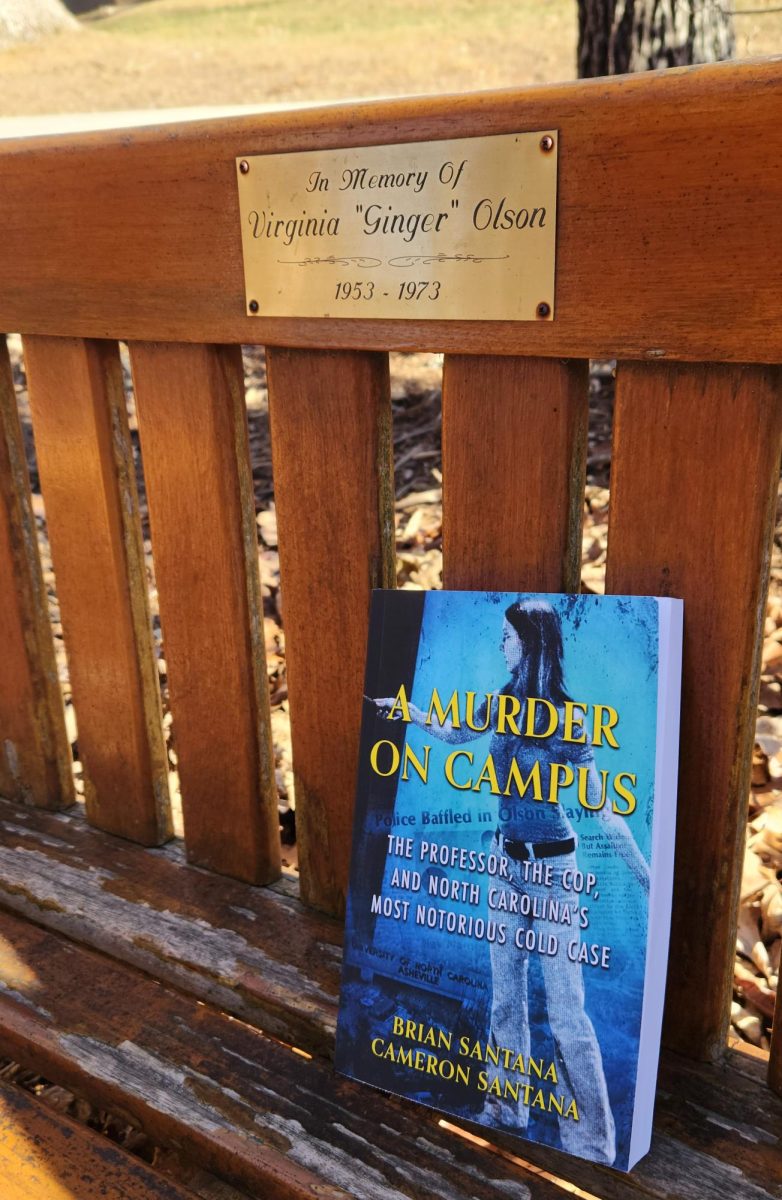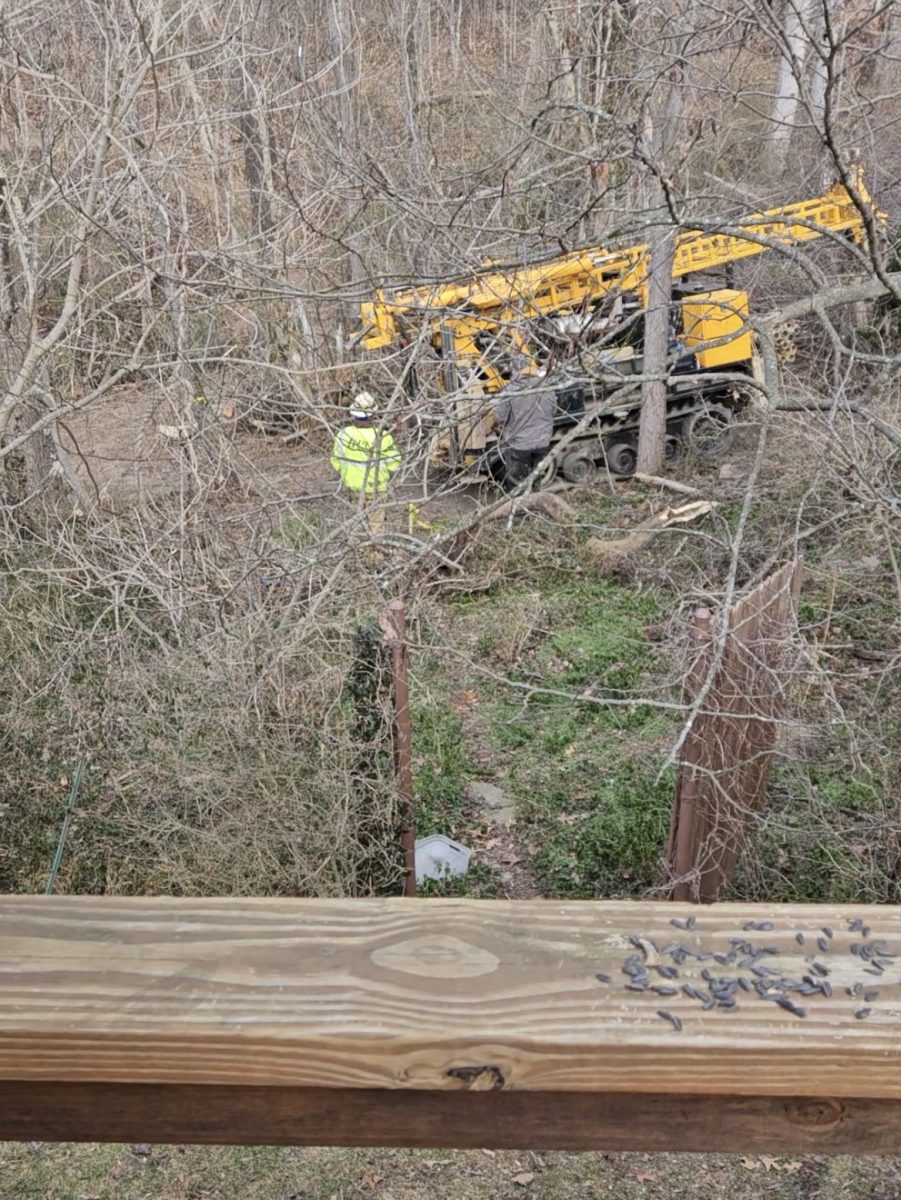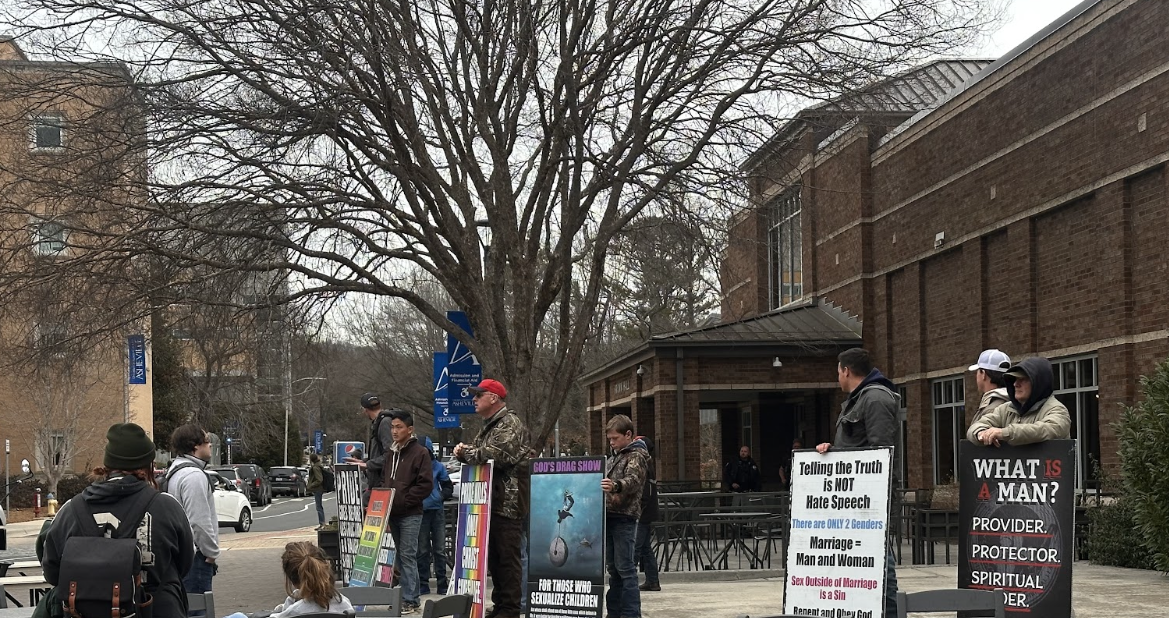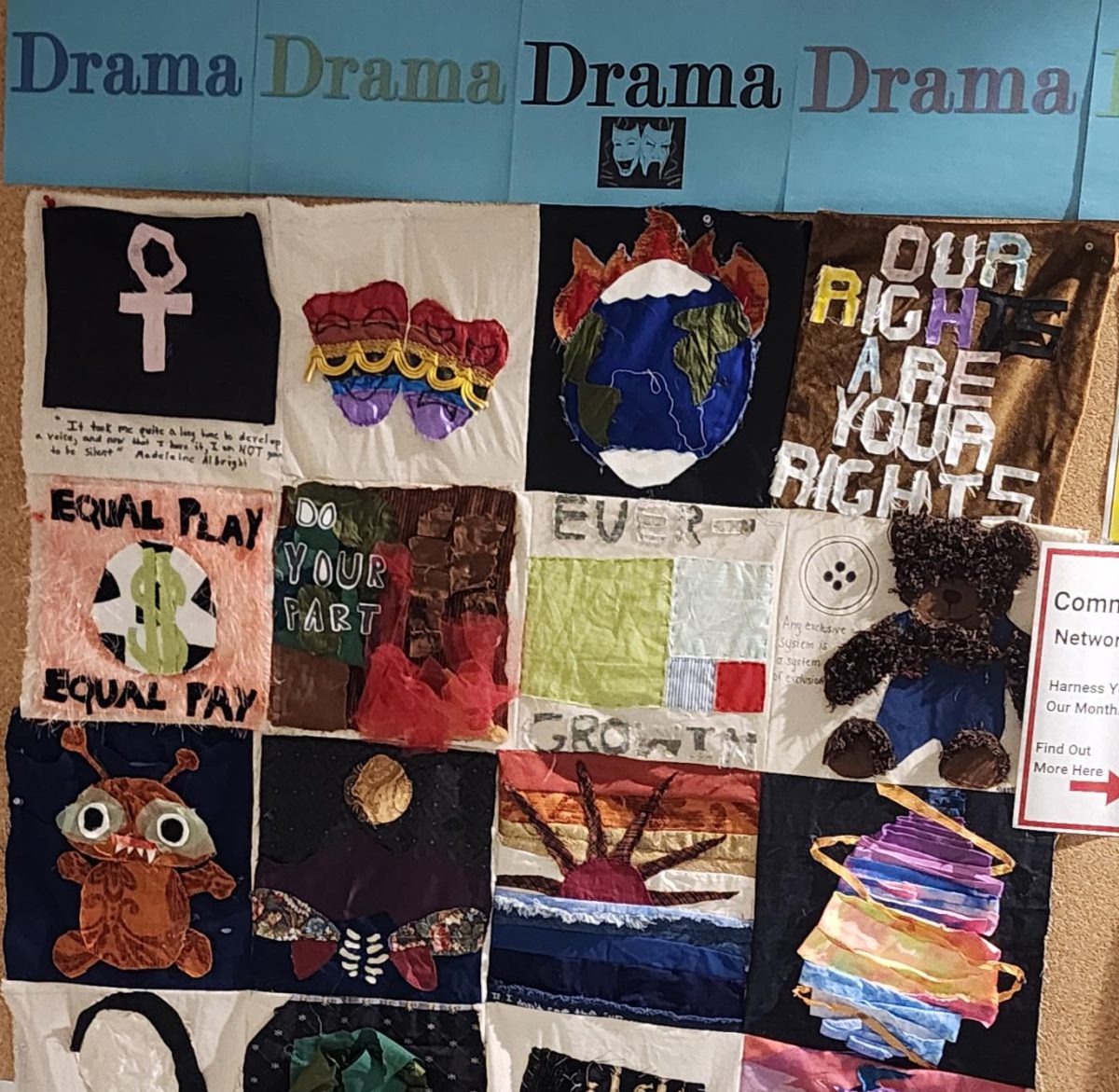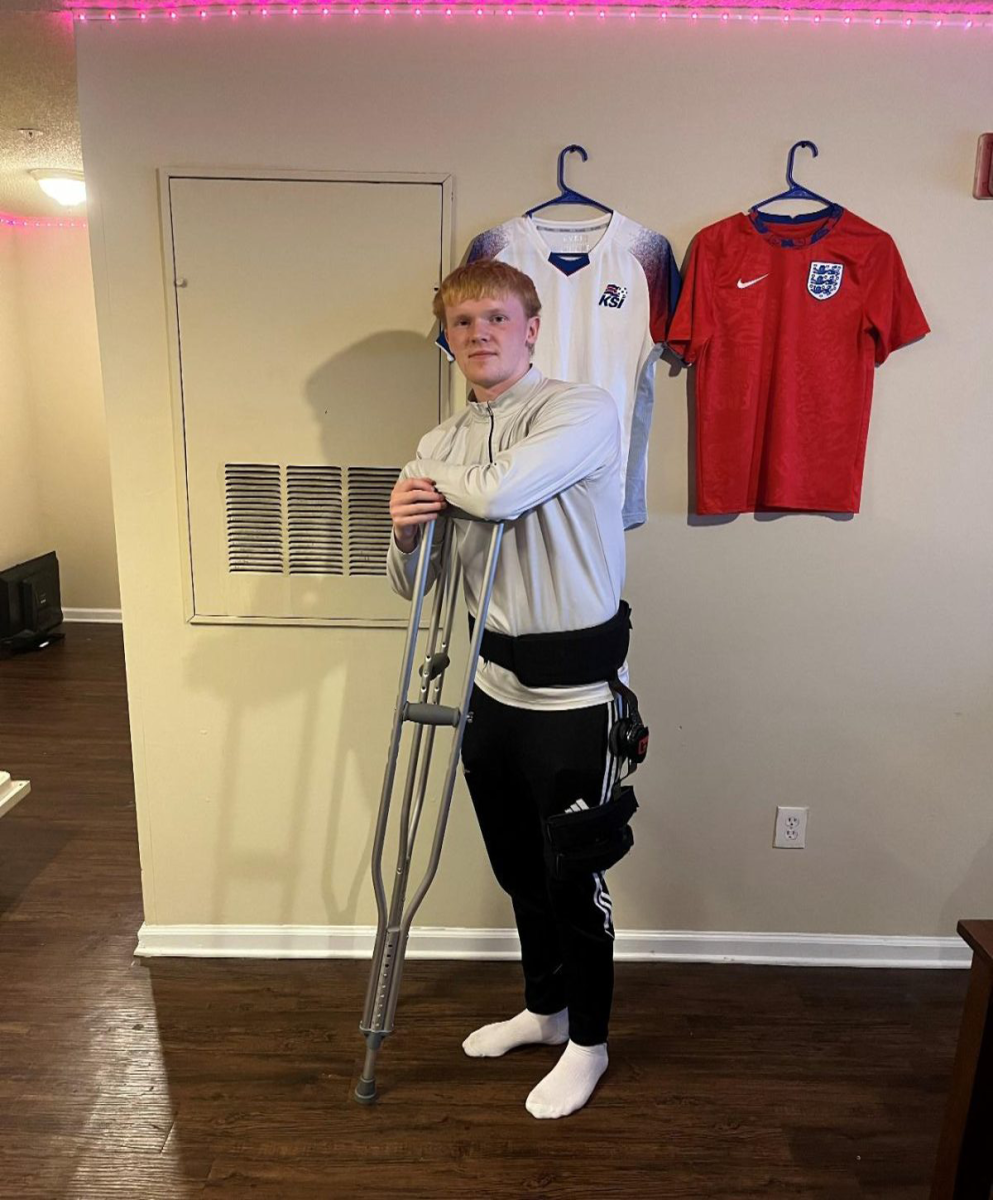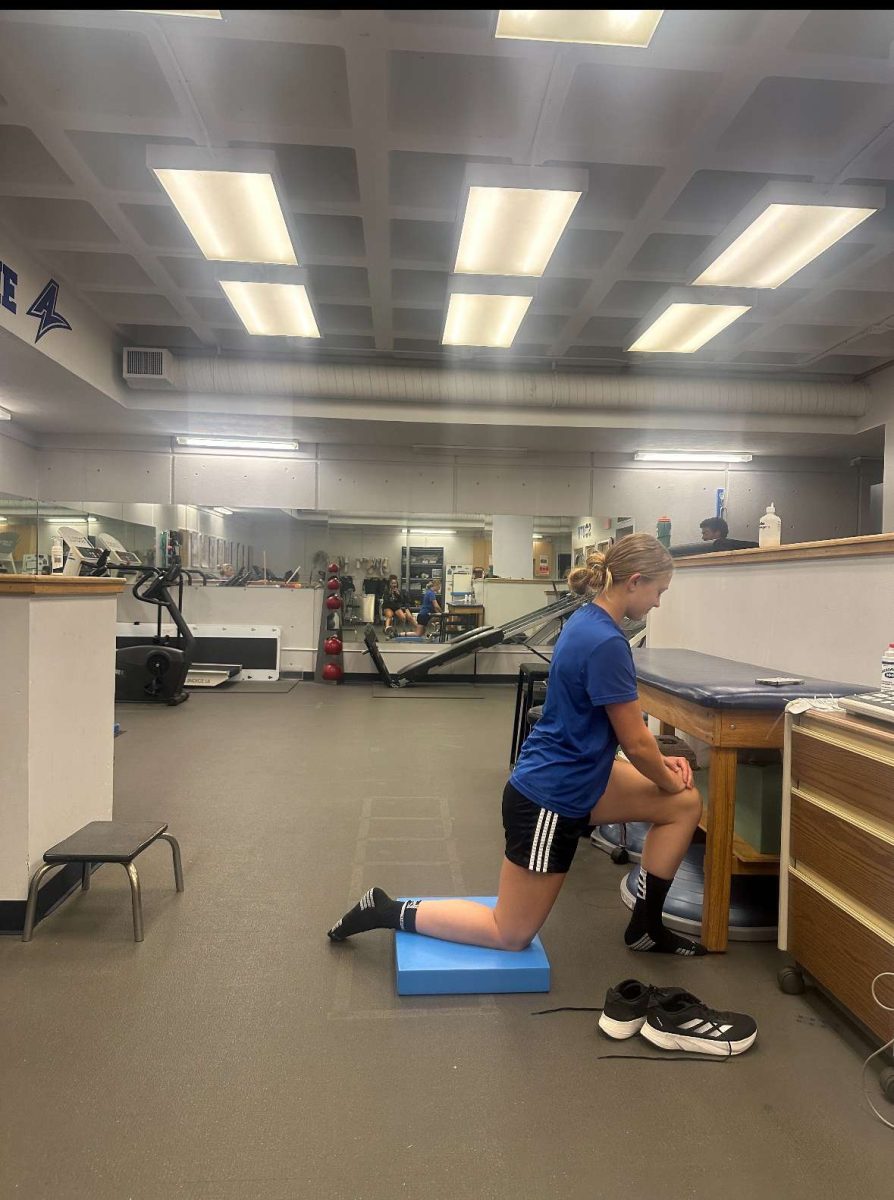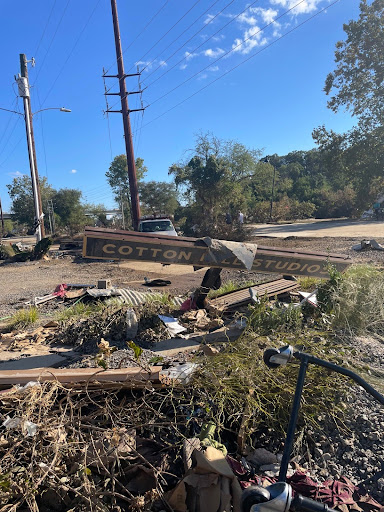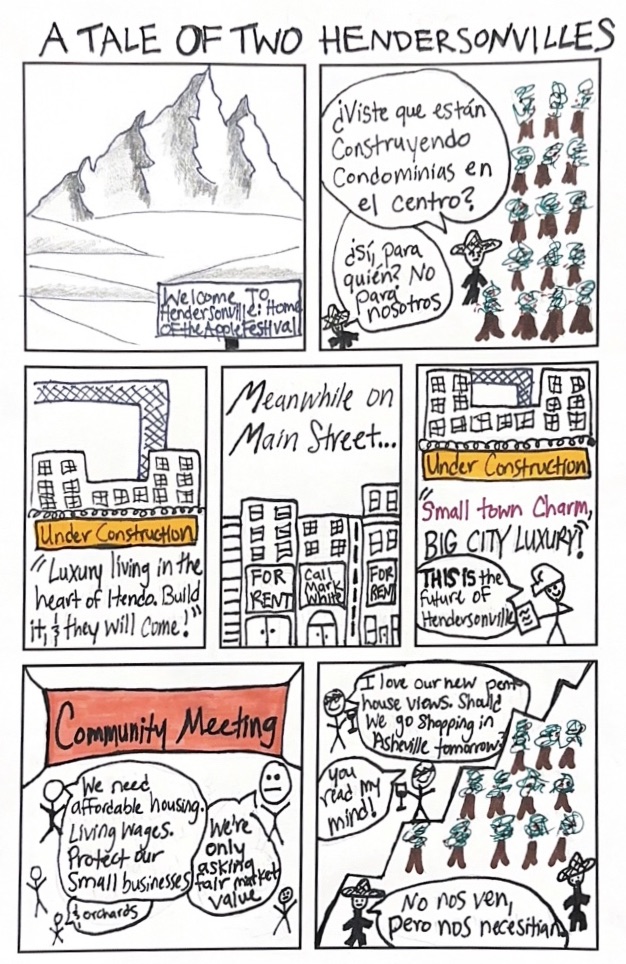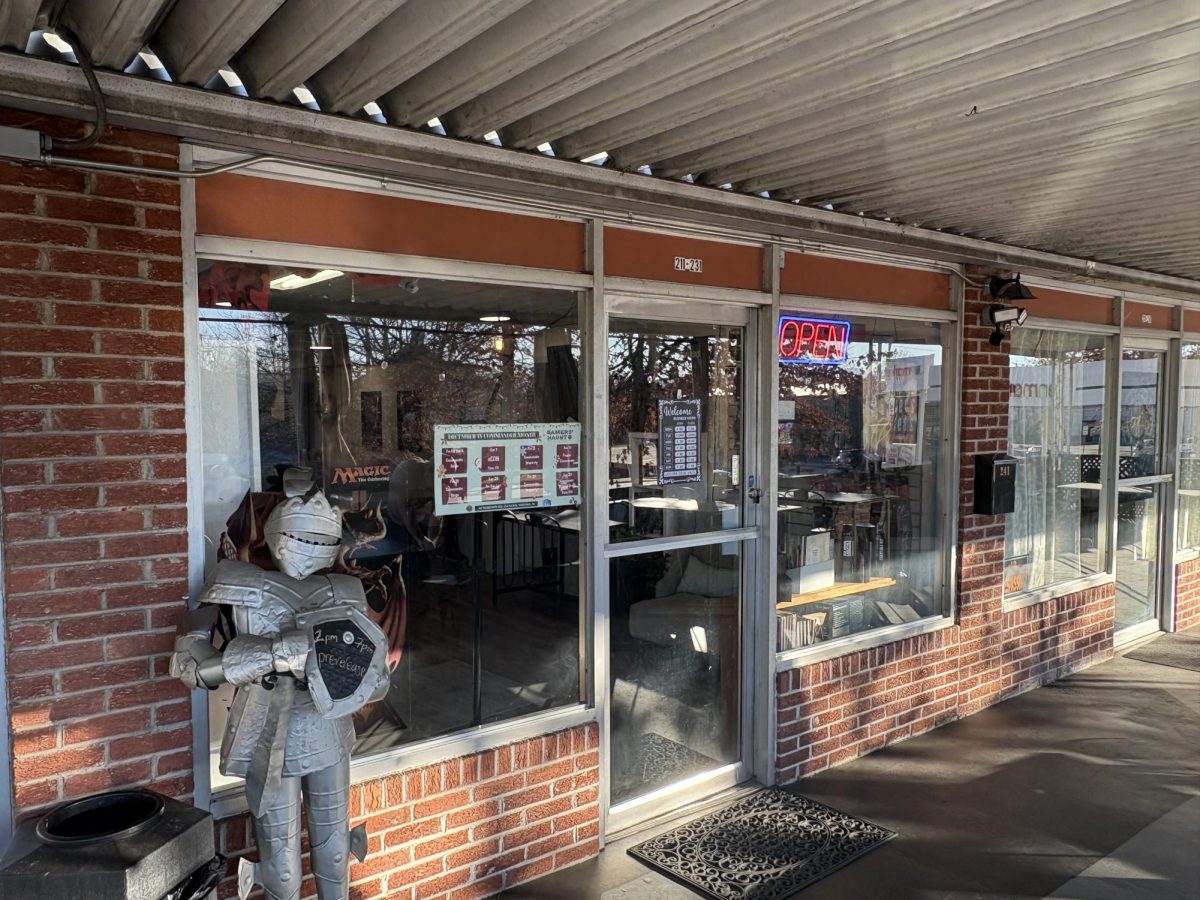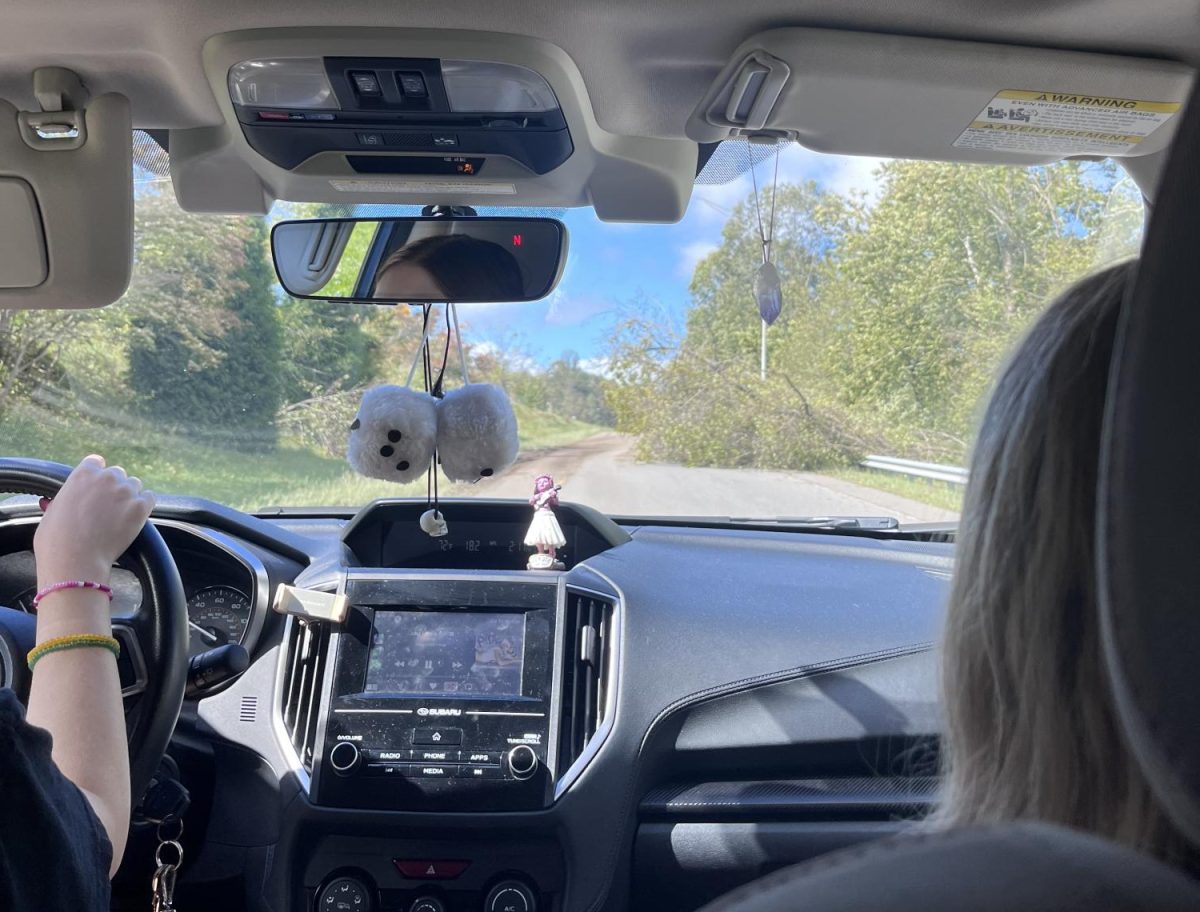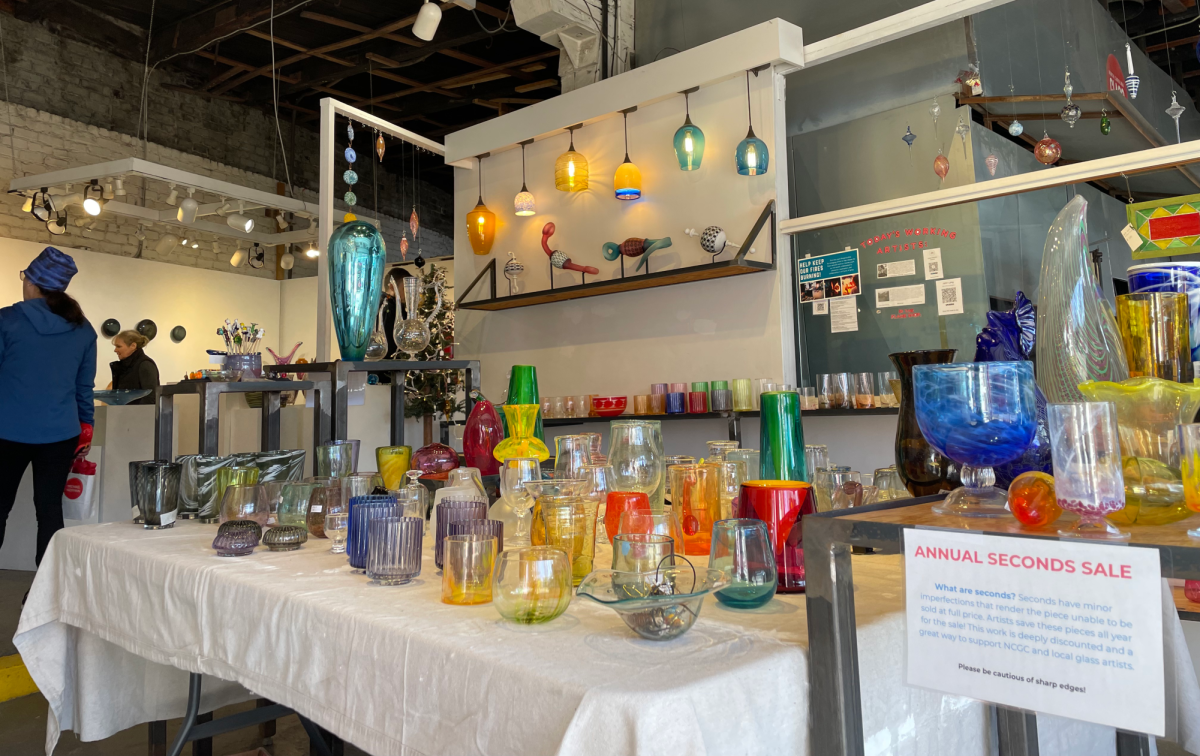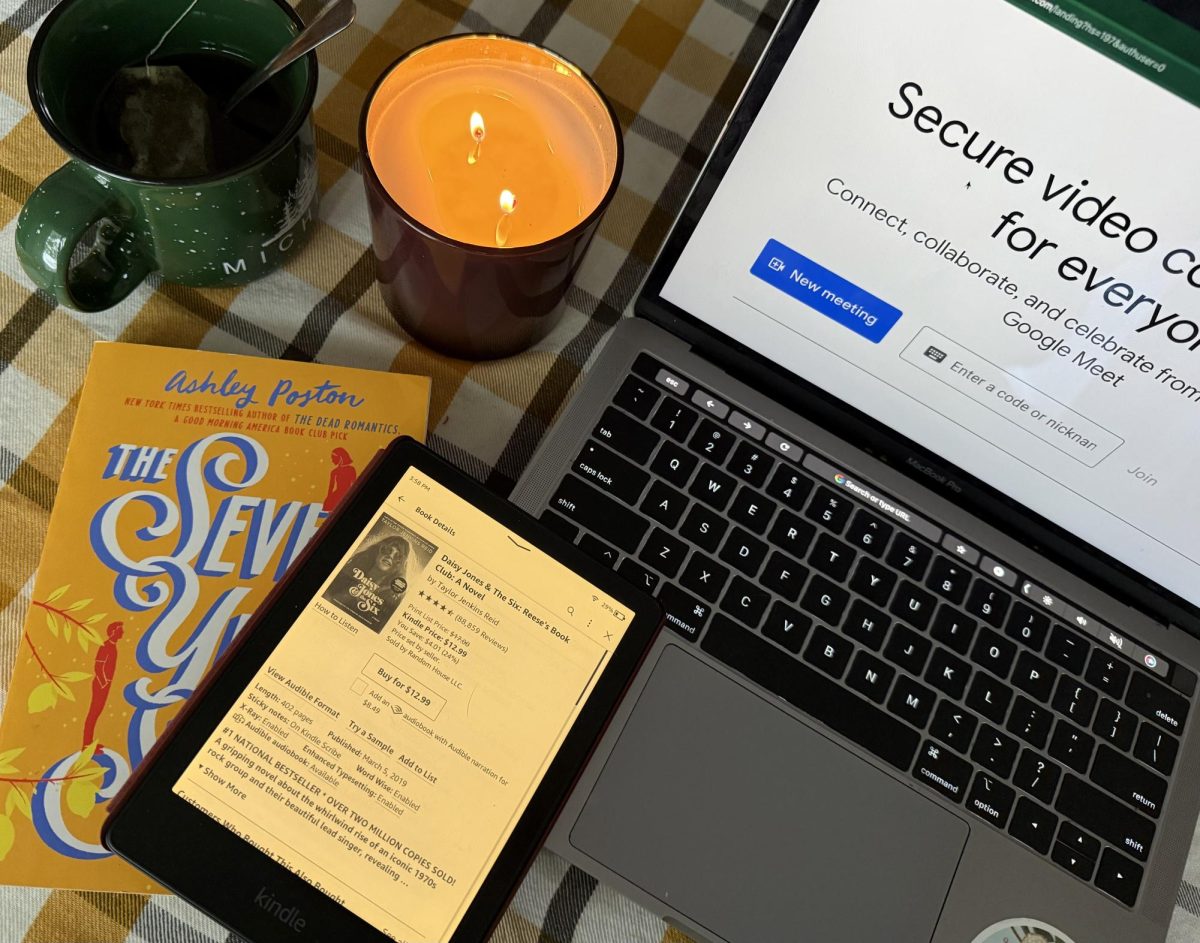Hurricane Helene hit the River Arts District hard, but decades-old glass sale traditions help local artists at the North Carolina Glass Center reach out to their community amidst unprecedented times for the area.
“For some people (Helene) has emboldened them. Kind of like after COVID, people are making things and are more inspired,” said Dr. Mark Hursty, a board member at the NC Glass Center and professor at UNCA. “As artists work on their skills, you get stuff that they don’t necessarily want and the shop can’t really market, but it’s a cool trinket.”
Hursty said seconds sales are common among glass studios, giving learning artists who make mistakes a chance to sell their work, even imperfections.
“(The glass pieces) typically have small flaws in them or sometimes, they’re discontinued items we don’t make anymore,” said Mark DeShields, a glass-blowing artist at the North Carolina Glass Center in the River Arts District.
DeShields said it’s important to support artists, especially post-Helene, so they can support their lifestyles as artists.
“The idea is to create a production that pays the bills and is attainable to the masses price point wise,” DeShields said. “Most of us have deeper artistic endeavors we’d like to accomplish when we reach a point of financial stability.”
According to Shelby Deault, a 20-year-old UNCA student working toward her fine arts minor, mistakes on pieces artists put in the glass center’s seconds sale don’t always mean the product is unusable to the artist or the customer.
“Recycling old art pieces or failed projects has always been an important part of my process, mostly because its imperfections inspire me to create other things,” Deault said.
Deault said she is working to be more sustainable in her artistic process.
“I definitely want to teach one day,” she said. “I’m learning every day how to become more sustainable in my own art, and that’s a value I want to emphasize to future students.”
According to DeShields, many artists and studios in Asheville have had to adapt to a post-Helene River Arts District. He said many of the arts in Asheville rely on tourism, which the hurricane halted during the city’s busiest season.
The glass-blowing instructor said the glass center was shut down for a considerable amount of time, which meant they could not generate any revenue.
“While there are other disasters going on in the nation, I think it’s important not to forget about us. Don’t forget about the craftspeople and artists, local businesses.” DeShields said. “Besides us, there’s restaurants and things like that which could definitely use your patronage right now, and I think the locals that have the ability to patronize these places should focus on those places first before going to larger, corporate alternatives. Buy local.”
